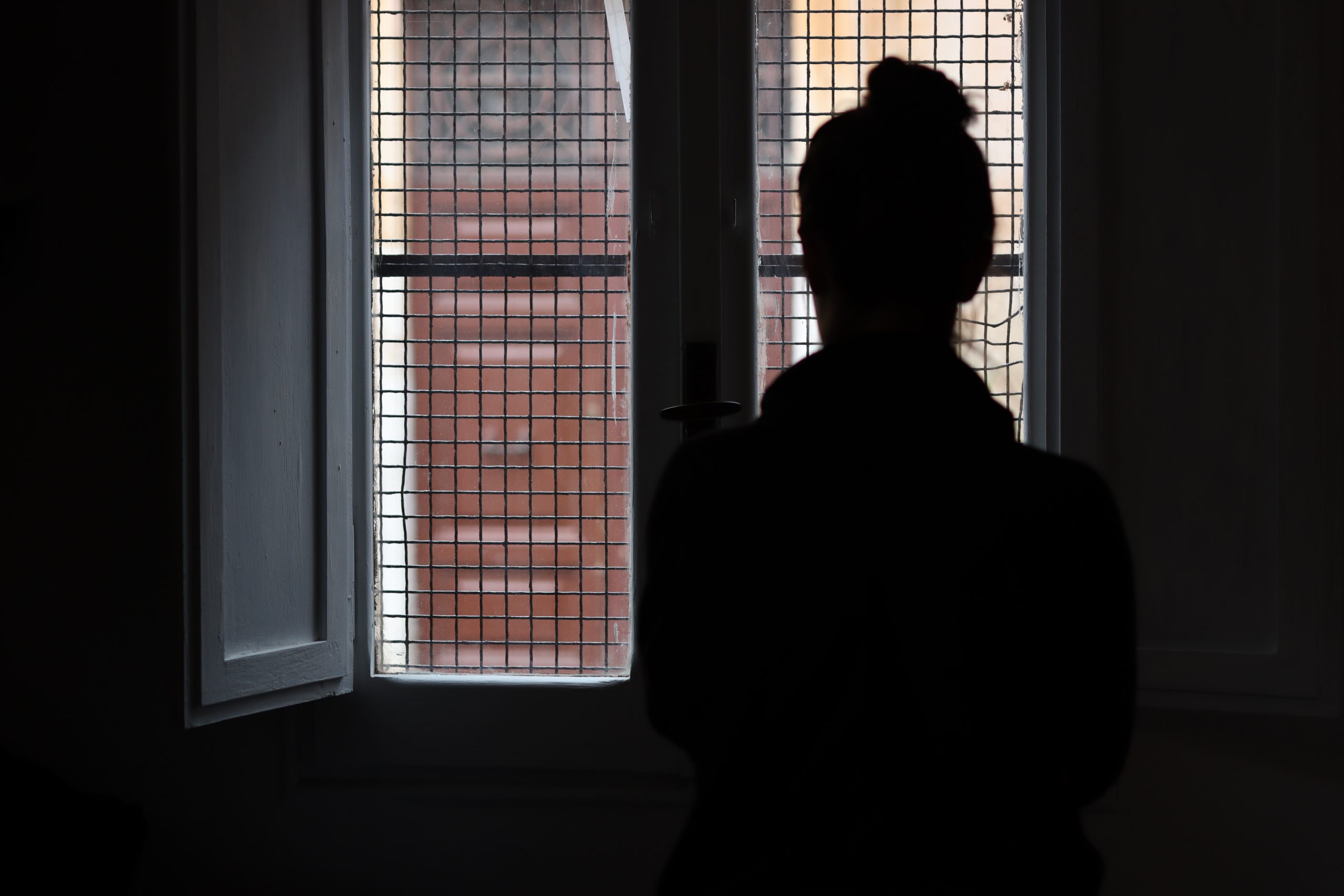
Quarantine and Mental Health
Two weeks into this nation-wide quarantine here in Italy, I can’t help but wonder what the long-term effects of this quarantine will be. How will we go back to business as usual? How are people who struggle with depression, seasonal depression, anxiety, and addiction going to fare at the end of all this? Here, I’d like to explore the psychosocial impacts on quarantined persons.
A look at the longterm risks of being in quarantine
One review of 24 studies on the psychological impact of quarantine finds that most studies show negative psychological effects due to quarantine, including post-traumatic stress symptoms, confusion, and anger and sites some of the stressors to be extending the length of the quarantine, fear of infection, frustration, boredom, supply shortages, lack of or false information, financial loss, and stigma. Children who are quarantined during outbreaks in comparison to those who are not quarantined show to be four times more likely to suffer from post-traumatic stress, while 28% of those children’s parents show symptoms of post-traumatic stress – as opposed to only 6% of parents who are not quarantined during the same outbreak. These numbers are concerning, to say the least.
Following a quarantine, many of those who participated in these studies showed behaviors of avoidance. For example, following the SARS outbreak, more than half of the people studied avoided other people who showed symptoms of a cold or had a cough, a fourth of them avoided crowded spaces, and a fifth of them avoided public spaces in the weeks following the quarantine. Additionally, nearly a third of those who were isolated during the SARS outbreak had symptoms of depression after having been isolated. These statistics imply that even after the quarantine ends, people will still struggle psychologically with the experiences of quarantine, isolation, and social distancing.
How to curb the negative psychological effects
So what can we do to curb the negative psychological effects of being in quarantine? Here are some of the suggestions given:
- Health and government officials should provide accurate information to those who are quarantined (what is happening and why)
- Communication should be quick and effective (stable Wi-Fi connection, allowing those in quarantine to be in touch with loved ones and get access to information regarding the outbreak)
- Sufficient supplies should be available (medical supplies for health care workers and also general supplies - like perishable foods - for those in quarantine)
- Meaningful or productive activities should be suggested (this will help with boredom and frustration)
- The quarantine should be as short as possible and should not be extended unless the circumstances are extreme
- Public health officials should stress that self-isolating is a selfless choice that will protect the most vulnerable
While we wait for the numbers to reflect our efforts as we either quarantine or self-isolate, let us keep in mind those most vulnerable, those struggling with their mental health, those who go without a paycheck and wonder how they will put dinner on the table for their families, those who are truly in isolation – either in the hospital or in their homes –, and those working ceaselessly in the hospitals to save lives. We are – as a world – truly all in this together. If we let charity for our neighbor’s needs and hope for the future guide us, I have faith that we will come out of this a stronger, more compassionate global society.

